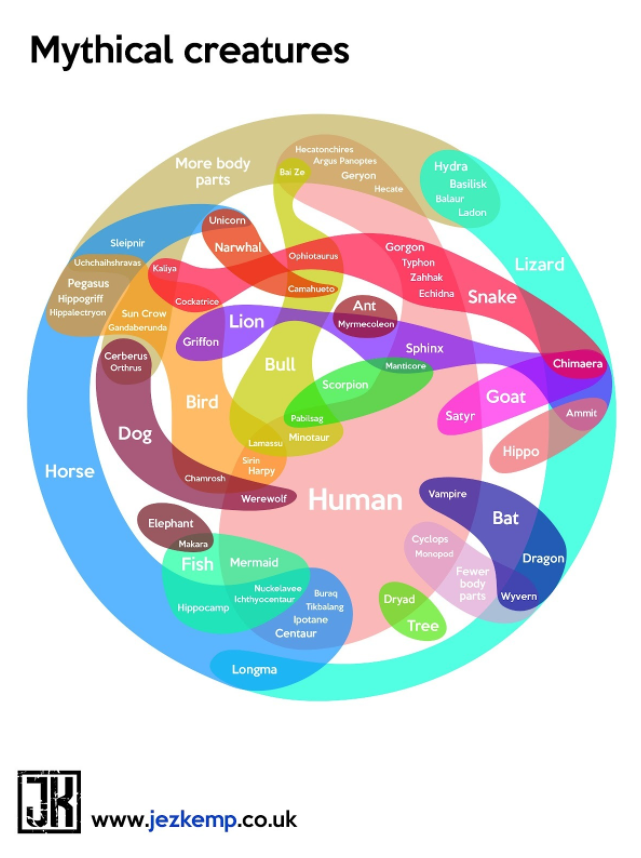James Kalb stopped by to comment on yesterday’s post, and his remarks deserve a post of their own in reply. (I’ve known Jim for quite a few years now, and for those of you who don’t recognize his name, he is a lawyer and scholar who has written extensively on politics, religion, and culture, and who was the original proprietor, before Lawrence Auster, of the important and influential blog View From The Right.)
The post itself was about how it’s easy to feel, these days, that we are living in a madhouse. I’ll look at Jim’s comments piece by piece. By way of preface, there was this:
People who lived through communism tell me that a big difference between what they had then and what we have now is that here people actually believe what they’re told. And that seems right to me.
I wonder if the difference is so great. Do you, readers, believe, for example, that Rachel Levine and Lia Thomas are actually “females”? I doubt that very many people do. I suppose there are some who do, and then, perhaps, rather more people who feel, for ideological reasons, as if they ought to believe it, and so wish to be able to really believe it, but I think most people don’t believe it at all — even though they realize that it might be in their best interests to pretend that they do, and so generally just try to keep their heads down. I expect this was probably rather the same under communism: although there were certainly some “true believers”, most people just went along because they were afraid to do otherwise.
Jim adds:
There doesn’t seem to be an inner circle running things that recognizes the difference between prolefeed and what’s actually going on. It’s shocking and horrifying, but so far as I can tell it’s the case.
I’ve asked myself about this often. How much of all this is pure, calculated manipulation, and how much of it is due to genuine, if stupefyingly misguided, ideological commitment? I’m sure there’s some of each, but in what proportion it is distributed among our ruling elites I have no idea. (I’m sure, for example, that there is rather a difference between the worldview and motivations of a Klaus Schwab or George Soros, and that of a simpleton like AOC, but how belief and motive are parceled out amongst the individuals making up the great blob that rules over us is far beyond my competence.)
Jim goes on to list ten points of interest:
1. Globalism, and industrial society in general, mean people have no personal knowledge of most things that affect them. They all happen on the other side of the world.
This is certainly so. As I’ve pointed out before, a thing that all engineers know about is the risk of “tight coupling” of complex systems; when there is too much interconnectedness and interdependency, stresses and failures in any part of the system can take down the whole thing. Moreover, and I think this is more to Jim’s point, globalism means that our own expertise and competencies cannot be brought to bear on aspects of the system that might matter to us in ways we have no control over, or even knowledge of.
2. The internet etc. has disintegrated the world into a mass of images and soundbites that can be reassembled to look like anything. It’s a paradise for propagandists, who end up believing their own propaganda.
Again, this is surely true, and the key word here is “dis-integration”. In the normal course of human life, our information about the world we lived in was accumulated organically, and mostly by direct experience, at a rate that made it possible to contextualize, integrate, and cross-check new impressions and data as we took them in. Now we are simply flooded from all directions with information, mostly in the shallowest forms — Tweets and sound-bites and rapidly propagating rumors — without any sort of anchoring context, and at a rate that is impossible to keep up with. Everything is flattened into a kaleidoscopic whirl of evanescent impressions, and we have no way to know what is real and what is illusory. As Jim says, that’s a paradise for propagandists — and we should remember that propagandists, too, live in the same hall of mirrors that we do, and they are no more likely to be able to orient themselves toward reality than any of the rest of us are.
3. Electronics also means that everyone and every place in the world are equally present to each other. The result is that particular culture based on particular local and historical experience disintegrates. When that happens the everyday good sense of ordinary people degrades.
This is a critically important point, and one that I developed at length in a post from 2013 (and wrote about also in an essay for American Greatness in 2020). Modern communication and transportation have, in effect, shrunk the human world-network to zero size, and the effects have been, in some ways, similar to compressing a gas-filled container. Everything now impinges at once upon everything else, and the result has been a radical increase in “temperature” and “pressure”. Structures that would be stable in a cooler environment are now blasted to pieces by energetic collisions from all directions. This makes for a terribly, unstable reactive, “twitchy” human world.
4. Weakening of background social connections like family, church, and informal local community mean people stand alone and have no way to resist what the authorities throw at them.
Again, exactly right. We are divided and atomized, and so we are easily frightened, intimidated, and conquered. In 2015 I wrote:
All of the erosive forces at work here — demographic displacement by poorly assimilated immigrants, low birthrates among cognitive elites, multiculturalism, galloping secularism, centralization of Federal power at the expense of local government, anti-traditionalism, hedonistic apathy, instutionalized disparagement of America’s history, mission, cultural heritage, and mythos, and behind it all the universal acid of radical doubt that is the “poison pill” of the Enlightenment itself — all of these things attack and corrode the horizontal ligatures of American civil society, leaving behind only an atomized population with no binding affinities save their vertical dependence upon a Federal leviathan that is, increasingly, the source of all guidance and blessings.
What this means is that as these forces do their work, they weaken at every point our society’s structural integrity — even as the disintegrative influences, particularly the destructive action of demographic replacement, intensify. It follows naturally, then, that the pace of decay accelerates.
Jim continues:
5. As a substitute for good sense we have a cult of expertise, where “truth” is based on a combination of institutional consensus and imitation of the natural sciences – emphasizing numerical data and specialized knowledge, and rejecting tradition, common sense, and informal pattern recognition as sources of knowledge.
This is a complex issue, but I think that in large part it can be traced to the gradual erosion, in the West, of transcendent belief, combined with the radical skepsis of the Enlightenment, which simultaneously raised Man to the throne of Creation while throwing him back onto his own meager resources. The shearing away of all but “scientific method” as a means of understanding the Universe, and our place in it, meant that the Universe itself had to be put on a kind of Procrustean Bed, upon which all the features of the cosmos that aren’t accessible by those tools and methodology had simply to be cut away, and believed not even to exist. (This fatally narrowing effect, by the way, is a good example of why Pride is considered the deadliest of sins.)
6. Disconnection of “knowledge” from everyday experience means it lacks a reality check, and emphasizing the consensus of specialists means it increasingly reflects institutional biases.
Just so. This follows naturally from the points above.
Jim added three more points in a subsequent comment:
There are indeed humiliation rituals, like forcing bakers and photographers to participate in celebrating gay “weddings.”
Yes; this is nothing more than the way heretics and dissidents have always been broken.
There’s some sort of secret knowledge thing going on. Things are not as they appear to the uninitiated, the adepts know e.g. that “Lia”, in spite of all appearances, is really a woman. That knowledge makes them superior to the cattle satisfied with conventional thought and the evidence of their senses.
This is an interesting and provocative assertion; it is hard to see such “secret knowledge” as constituting anything different in kind from a sort of religious faith. It goes back to the remarks Jim began with, about whether people really believe in all of this, or are just cynical manipulators. I think it varies from person to person.
3. What’s odd though is that the “knowledge” doesn’t present itself as secret. It’s presented as clear-as-day public truth, the verdict of Science, and all must acknowledge it as such.
To the extent that this is so, it is really little different from an official religion enforced by a coercive theocracy. (See this post, from 2017.)
Finally, Jim added this:
4. That might seem like just another humiliation ritual, but people really do believe it. It seems that we are now living in a Golden Age in which the confusions of the past have been utterly transcended and the secret knowledge of the adepts has become evident public reality.
Again, this is consistent with “wokeness” being a religion (albeit a shabby and sawed-off one). To those who object that something like this can’t really be called an actual religion, I’ll say again, as I said in 2017 (adapting a concept from Daniel Dennett):
While we may dispute what does and doesn’t constitute a correctly defined “religion”, Progressivism is, in effect, a religion to the people who espouse it: it activates all the same behaviors, dispositions, and cognitive postures. What we might call the “religious stance” is, I believe, the most accurate way for the rest of us to confront it.
My thanks to Jim Kalb for his excellent comments. I will add also that another source of the problem today is a creeping nominalism — traceable all the way back to William of Ockham by way of Luther, the Enlightenment, the Puritans, American Protestantism, Unitarianism, Transcendentalism, Progressivism, and modern-day secularism — that has gradually eroded the idea of objectively existing natural categories and types. Once the bedrock of meaning, telos, and moral truth is shattered — as, for our prevailing ideology, it has been — what remains is a slippery slope to an abyss of nihilism, and the madness brought on by the radicalization of total self-creation. We are well on our way there.


